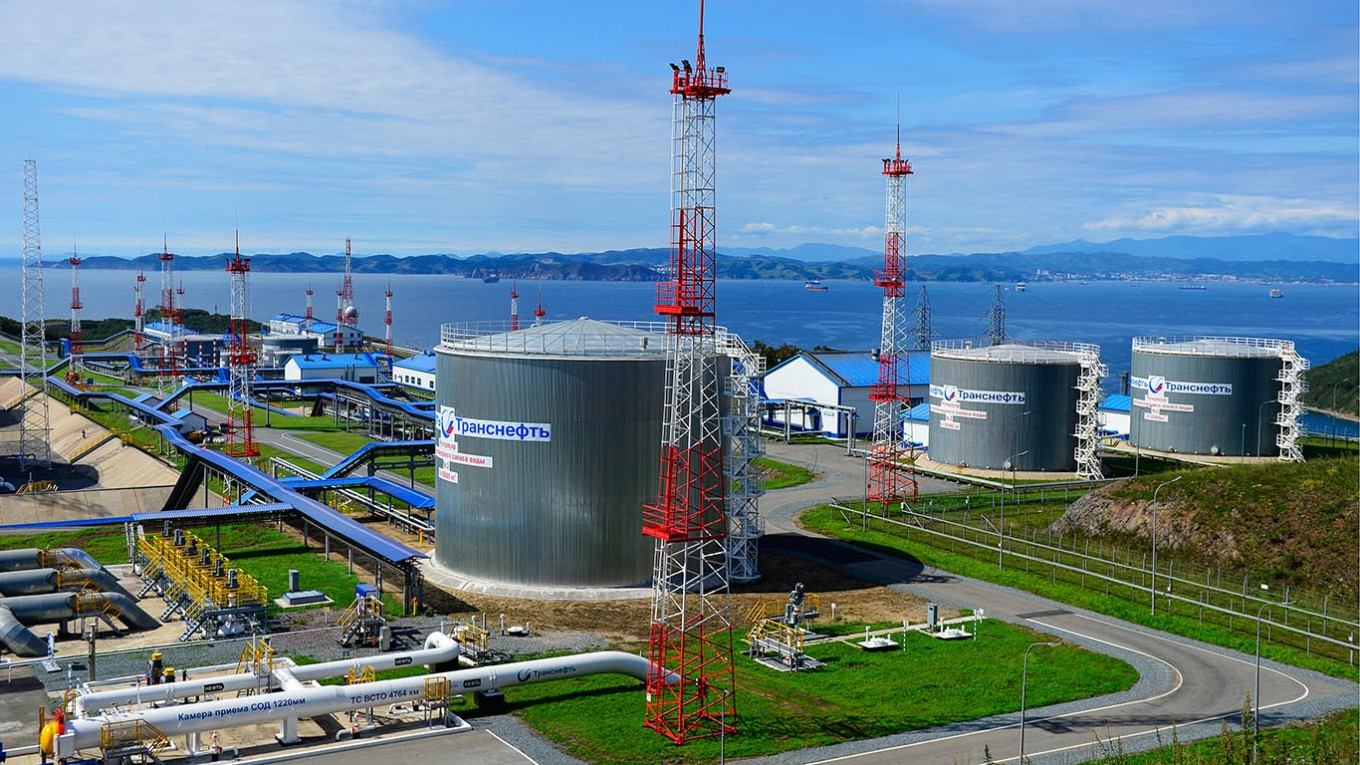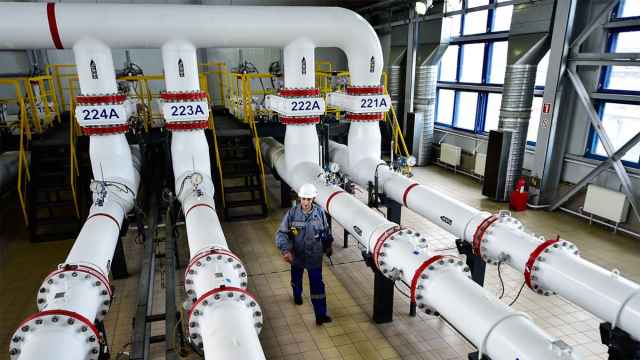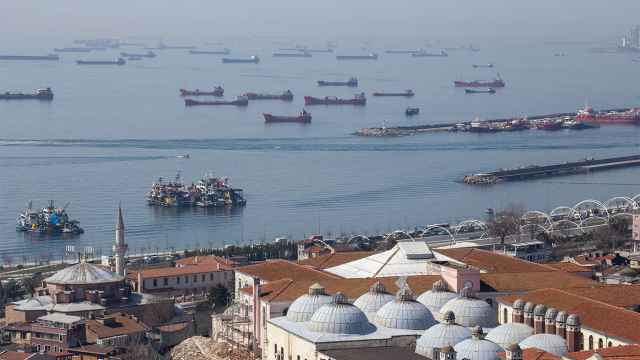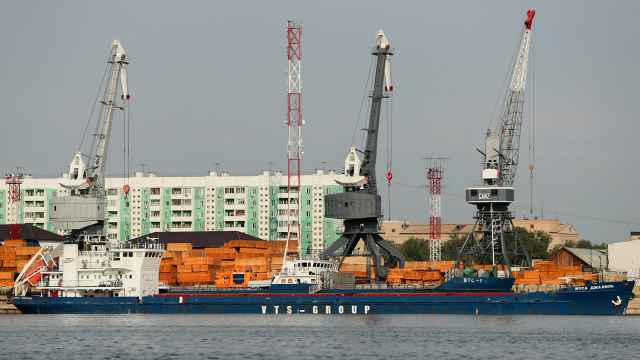The European Union is set to include a floating price cap on Russian oil exports in its 18th sanctions package against Russia, according to several EU sources cited by Reuters.
The floating mechanism aims to respond more effectively to market fluctuations and to undercut Russia’s oil revenues, which continue to fund its war in Ukraine.
The proposed measure, expected to receive final approval this week, would set a dynamic cap at 15% below the average price of Russian oil over the previous 22 weeks, a shift from the current fixed ceiling of $60 per barrel.
If approved, the floating cap would reduce the allowable price for Russian oil exports to around $50 per barrel, according to sources cited by Bloomberg. EU foreign ministers are scheduled to vote on the measure Tuesday.
Four EU officials confirmed to Reuters that a consensus is near following a Sunday meeting of bloc representatives.
While technical objections from Slovakia remain, diplomats say they expect those to be resolved ahead of the vote.
“This has been in discussion for some time, and we want to resolve it by Tuesday because tensions are rising on all sides,” said Slovak Prime Minister Robert Fico, whose government previously threatened to block the sanctions package unless additional support was provided to ease Slovakia’s transition away from Russian gas.
The price cap is part of broader Western efforts to curb Russia’s ability to profit from fossil fuel exports while avoiding global energy shocks.
The current $60 cap, introduced by the EU and its G7 allies in late 2022, was designed to limit Moscow’s earnings without severely disrupting global oil flows, but price volatility in recent months has reignited debate over whether the cap is still effective.
EU officials had paused plans to lower the cap in June after Brent crude prices surged above $79 per barrel following Israeli airstrikes in Iran.
Though this increase briefly made the $60 cap appear adequate, prices quickly reversed course, and by late June, Brent had fallen below $70. Russian Urals crude, which has been trading at a $12 to $13 discount, dropped once again under the cap.
The United States, a key player in the G7-led sanctions regime, has so far resisted calls to lower the oil price ceiling.
Washington reportedly sought to maintain negotiating flexibility with Russia amid sporadic discussions over a possible ceasefire in Ukraine.
Still, European officials argue that a more agile pricing mechanism is necessary to keep economic pressure on the Kremlin.
Russia’s oil sector has shown signs of strain under the weight of sanctions.
The country’s crude exports and production have declined in recent months, while efforts to redirect oil flows to Asia have faced logistical and financial hurdles, including the rising cost of shipping and insurance under Western sanctions enforcement.
A Message from The Moscow Times:
Dear readers,
We are facing unprecedented challenges. Russia's Prosecutor General's Office has designated The Moscow Times as an "undesirable" organization, criminalizing our work and putting our staff at risk of prosecution. This follows our earlier unjust labeling as a "foreign agent."
These actions are direct attempts to silence independent journalism in Russia. The authorities claim our work "discredits the decisions of the Russian leadership." We see things differently: we strive to provide accurate, unbiased reporting on Russia.
We, the journalists of The Moscow Times, refuse to be silenced. But to continue our work, we need your help.
Your support, no matter how small, makes a world of difference. If you can, please support us monthly starting from just $2. It's quick to set up, and every contribution makes a significant impact.
By supporting The Moscow Times, you're defending open, independent journalism in the face of repression. Thank you for standing with us.
Remind me later.






